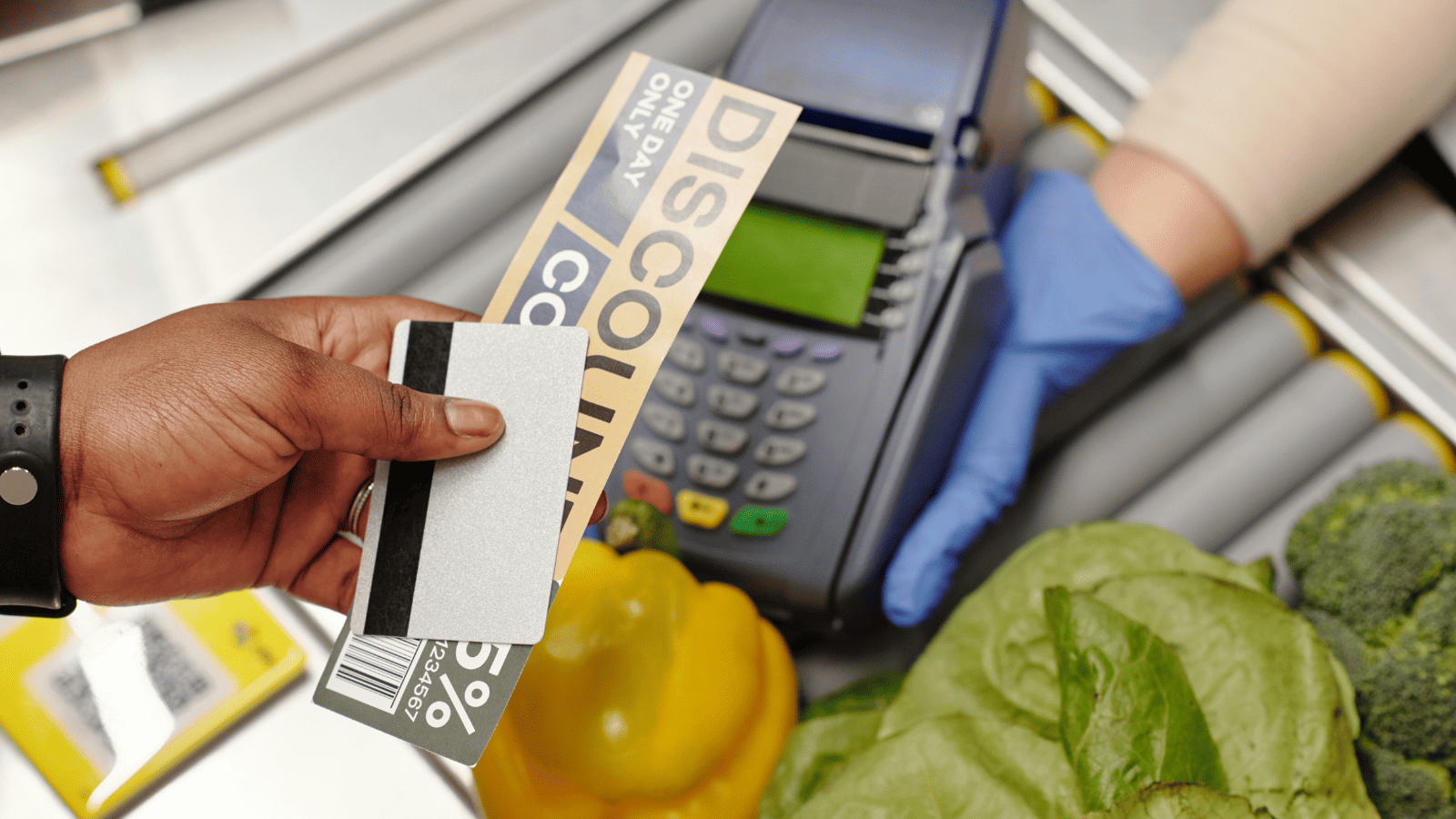In the intense search for ways to save ourselves some money, there are some subtle things we tend to overlook. Here are a few of these things that drain your money every day without you even realizing it.
Leaving Lights On

Forgetting to turn off the lights is one of the most common energy-wasting habits among Americans. The small amounts of electricity these lights use add up to significant energy bills over time, and this is especially true with incandescent light bulbs, which are the least efficient.
Buying Bottled Water

Bottled water has become a part of the daily lives of many people who see tap water as a “dirtier” alternative. But, like Yahoo shares, they fail to understand that tap water, especially from municipal reservoirs, has already gone through purification treatments, and some bottled water companies take their water from this same source. You’re only paying significantly more for the same product.
Paying for Unused Subscriptions

We all have subscription services we pay for and barely use, and of course, these services keep on charging us regardless. To save yourself valuable money, it’s best to always review your subscription once a month and cancel any that you’re no longer interested in. Opt for free trials for when it’s your first time using the service, too.
Ignoring Cashback Offers

Many credit cards and shopping apps offer cashback on purchases. And ignoring these opportunities means you’re missing out on money-saving benefits, which can add up over time. Check your cards and apps for cashback offers and take advantage of them to save a bit more on everyday expenses.
Overpaying for Branded Products

Choosing branded products over generic ones can lead to unnecessary spending, and this is because, often, generic products are just as good and much cheaper. Compare prices and consider opting for store brands to save money without sacrificing quality, and over time, these savings can have a significant positive impact on your budget.
Letting Food Go to Waste

Leaving food uneaten, letting food spoil, and throwing it away is like throwing away money. What you should do instead, to save yourself hundreds of dollars, is plan your meals and portions carefully. Now, not only will you save money, but you’ll reduce your contribution to environmental pollution as well.
Ignoring Energy Efficiency

Old appliances and poor insulation can lead to higher energy bills, so investing in energy-efficient appliances and improving home insulation should always be on your mind. Yes, these changes might require a high initial investment, but they’ll pay off through reduced energy costs and lower maintenance expenses in the long run.
Paying Late Fees

Late fees on bills and credit cards may not seem like much, but they can add up quickly. It’s important to always set up automatic payments or reminders and to also actually save up enough money to pay on time. This way, you stay on top of your finances and avoid these unnecessary charges.
Buying Coffee Every Day

Daily coffee shop visits are a waste considering that making coffee at home is a much cheaper alternative, easy to make, and even allows you to customize your drink to your liking. Investing in a good coffee maker and making your own brew can make your morning routine a whole lot more cost-efficient.
Impulse Buying

Impulse purchases can quickly deplete your bank account, and Insight DIY shares that Brits spend an average of over £40 billion on them per year—which is huge. Taking a moment to consider whether you really need an item can help curb unnecessary spending. This mindful approach to shopping can help you achieve significant savings and even prevent clutter.
Not Comparing Prices

Failing to compare prices before making purchases will more often than not result in spending more than necessary. When shopping online, you can use price comparison tools and apps to find the best deals. This small effort ensures that you’re always getting the most value for your money.
Ignoring Coupons and Discounts

Coupons and discount codes, like cashbacks, are also easy ways to save money. Taking the time to search for coupons and apply discount codes when shopping online can reduce your overall expenses and make your purchases more affordable. You may get to save up to 50% or even more on a purchase.
Paying for Expensive Phone Plans

High-cost phone plans are also some of the most common expenses that constitute a significant drain on your finances. Reviewing your phone usage and finding a cheaper plan that meets your needs is best, and you should consider checking for hidden fees and switching providers or plans when necessary.
Neglecting Car Maintenance

Skipping regular car maintenance can lead to expensive repairs down the line. Keeping up with oil changes, tire rotations, and other routine maintenance will prevent costly issues, and with regular maintenance, your car runs more efficiently, has a longer lifespan, and eventually saves you money on repairs and total replacements.
Eating Out Frequently

Cooking at home is a more economical option and can be healthier for you than patronizing fast food restaurants or roadside stalls. Always plan your meals carefully and cook at home to not just reduce your everyday expenses on foot but to also create a nutritious and healthily managed lifestyle for yourself.
Buying New Instead of Used

New items often come with a premium price tag, and there are certain items that are great to buy second-hand, such as camping gear, music equipment, and furniture. Many used items are still in excellent condition and will provide the same utility at a fraction of the cost.
Not Using a Budget

Creating and sticking to a budget can help you identify areas where you can cut back, and without one, it’s easy to lose track of spending. A budget provides a clear picture of your financial situation and helps you make informed spending decisions, which can help you achieve better financial management.
Paying Full Price for Entertainment

Entertainment costs, like movie tickets and event passes, can be expensive both in the short and long run. You get more value by looking for discounts, deals, or free events, and thankfully, many venues offer discounts on certain days or for buying tickets in advance.
Keeping Unused Gym Memberships

Unused gym memberships are a common money drain, and like many other Americans, ABC’s KRDO reveals that you may be wasting £249 per year on them. If you’re not using yours, consider canceling it and finding free or cheaper ways to stay active. Many community centers and online resources offer free programs, helping you stay fit without breaking the bank.
Ignoring Loyalty Programs

Loyalty programs often offer discounts, rewards, and exclusive deals, and not taking advantage of these programs means you’re missing out on potential savings. You should sign up for loyalty programs at stores you frequently visit, and make sure you always make purchases from them, too.
Up Next: 20 Personal Things You Should Never Share With Others

Building meaningful connections with others requires a certain level of transparency and trust, but that doesn’t mean you have to tell your friends and family members everything! Some aspects of our lives are too personal, incriminating, or risky to share. This article explores 20 aspects of your personal life that you should always keep confidential.
20 Personal Things You Should Never Share With Others
18 Things Everyone Forgets to Include in Their Will—But Shouldn’t

Wills and estate plans are essential ways to ensure what will happen to your belongings and property when you die or are incapacitated. However, people often forget to include important information in their wills before it’s too late, complicating matters for their descendants. Here are the 18 common things people forget to include in their will.
18 Things Everyone Forgets to Include in Their Will—But Shouldn’t
18 Items at Walmart that Aren’t Worth Your Hard-Earned Money

For many of us, Walmart is the go-to superstore. Whether we need groceries, clothing, or technology, Walmart is a one-stop shop for everything you would need. However, there are some Walmart products you should avoid at all costs, such as the following 18 examples.
18 ITEMS AT WALMART THAT AREN’T WORTH YOUR HARD-EARNED MONEY

